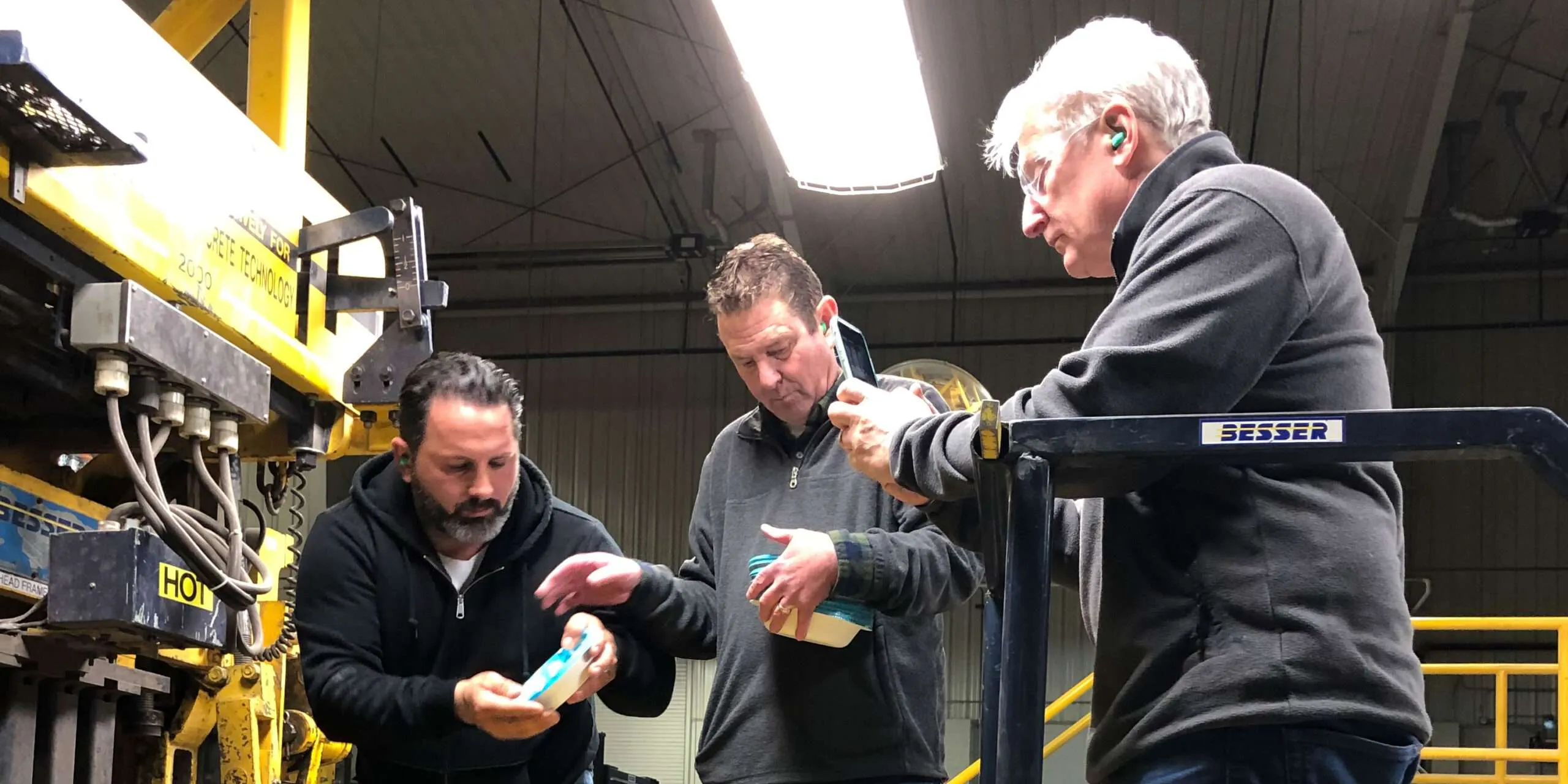
Mechanical Engineering Technology: A Career Path for Innovators
By Adedayo Oyetoke, Published on: October 6th 2024 5 min, 921 word Views: 741
Mechanical Engineering Technology (MET) stands at the intersection of engineering and practical technology application, making it a dynamic field for individuals passionate about hands-on innovation. As industries grow increasingly tech-focused, the need for MET professionals has surged. This article delves into MET, discussing essential skills, career paths, and the industries driving demand. If you’re an innovator looking for a career that combines technology with practical problem-solving, MET could be the ideal field for you.
What is Mechanical Engineering Technology?
Mechanical Engineering Technology is a field that blends applied engineering with hands-on technical skills. Unlike traditional mechanical engineering, which leans heavily on theory, MET emphasizes practical design and process optimization. Professionals in this field work on everything from designing and testing mechanical systems to developing prototypes and managing production processes.
Typical Responsibilities in MET include:
- Creating and testing mechanical parts and systems.
- Working alongside engineers to improve product designs.
- Implementing manufacturing processes to optimize efficiency and safety.
In contrast to engineers who focus on high-level design, MET professionals bring concepts to life through practical applications. For a detailed look at how this field is evolving, check out the American Society of Mechanical Engineers (ASME), a valuable resource on industry standards and advancements in engineering technology.
Key Skills Needed
To succeed in MET, individuals must develop a combination of technical and interpersonal skills, alongside the adaptability to keep pace with industry changes. Here’s a look at some essential skills for a career in MET:
- Technical Proficiency: Knowledge in areas like CAD (Computer-Aided Design), CAM (Computer-Aided Manufacturing), and materials science is crucial. Proficiency in these areas helps MET professionals bring innovative designs to life.
- Problem-Solving and Innovation: MET requires an analytical approach to identify system inefficiencies and devise effective solutions. The ability to think outside the box is crucial, especially when refining products or processes.
- Collaboration and Communication: METs often work in interdisciplinary teams, making clear communication essential for successful project completion.
- Lifelong Learning: Technology evolves rapidly, requiring MET professionals to stay current with advancements in fields like automation and AI. The National Institute of Standards and Technology (NIST) offers resources to help professionals stay updated on technological standards and emerging trends.
For further reading on technology and industry demands, check out our article on Tech Trends 2024: What’s Driving the Industry Forward for a deeper look at the skills in demand today.
Career Paths in Mechanical Engineering Technology
A degree in MET opens the door to numerous exciting career opportunities across a variety of sectors. Here are some promising roles for MET graduates:
Manufacturing Engineering Technologist
Focused on improving production processes, manufacturing engineering technologists collaborate with design teams to ensure efficiency and reduce costs. They play a critical role in industries from automotive to consumer goods, applying practical skills to optimize workflows and maintain product standards.
Quality Control Analyst
Quality control analysts test and validate products, ensuring they meet required standards before reaching the market. This role involves working closely with engineers to identify and correct potential flaws, making it essential in industries like aerospace, medical devices, and consumer electronics.
Mechanical Designer
Mechanical designers translate concepts into detailed models using CAD software. They bring theoretical designs to life by creating blueprints that guide the production team. CADalyst provides resources on CAD technology advancements, making it a helpful tool for those interested in pursuing this career path.
Robotics Technician
With robotics driving change in manufacturing, automotive, and even healthcare, robotics technicians are more in demand than ever. They are responsible for installing, maintaining, and programming robots used in production lines and other applications.
For more on how automation is reshaping industries, visit our post on The Role of Big Tech in Shaping Modern Society.
Industries Driving Demand
Mechanical Engineering Technology professionals are highly sought after in several key industries, each offering unique challenges and rewards:
Manufacturing
Manufacturing has long been the core industry for MET professionals, where they are responsible for designing and implementing systems that enhance productivity and product quality. The National Association of Manufacturers (NAM) provides insights on trends and developments in this sector, highlighting opportunities for MET professionals.
Aerospace and Defense
MET professionals in aerospace and defense work on designing components that meet rigorous standards for safety and precision. This industry demands a high level of expertise and offers a rewarding career for those interested in cutting-edge technology and complex systems.
Automotive
The automotive industry is evolving rapidly, especially with the rise of electric vehicles. MET professionals play a critical role in developing lighter, safer, and more efficient components, making them essential to automotive companies focused on innovation.
Renewable Energy
As sustainability becomes a top priority worldwide, the renewable energy sector is increasingly looking for MET professionals to contribute to wind, solar, and other sustainable energy projects. This field offers a path for those passionate about creating a positive environmental impact.
For further insights on how technology impacts these sectors, explore our article on The Healthcare Tech Revolution: How Technology is Transforming Healthcare, which outlines the ways tech is influencing various fields.
Mechanical Engineering Technology as a Career for the Future
Mechanical Engineering Technology is a vital field that bridges engineering concepts with practical applications, providing innovative solutions to today’s industrial challenges. As sectors like aerospace, manufacturing, and renewable energy advance, the demand for MET professionals will continue to grow, making this a future-ready career choice. For those with a passion for both technology and tangible problem-solving, MET offers a rewarding career full of growth and innovation.
If you’re ready to explore more about the transformative power of technology, check out our resources on Wireless Terminal’s Technology Category.
